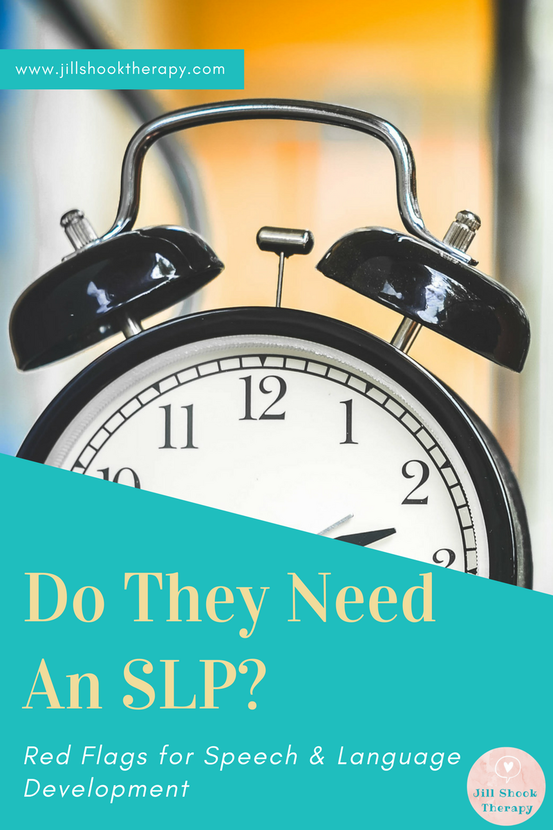|
Back-to-school time: when the smell of new crayons, paper, and books fills the air, and parents and kids are counting down the days (for different reasons). Back-to-school sales are in full swing and kids need the latest and trendiest school supplies. I have worked at least partly in schools for my entire career, so I have never had to miss the thrill of excitement I get from shopping for new pens, paper, and other school supplies. As each year gets in to gear, however, I have noticed that a lot of kiddos start the year thinking they have everything they need for school, but end up needing my speech services as the year progresses. According to ASHA, speech and language impairments can negatively affect child's school work in the following ways:
Children with communication disorders frequently do not perform at grade level. They may struggle with reading, have difficulty understanding and expressing language, misunderstand social cues, avoid attending school, show poor judgment, and have difficulty with tests.
https://www.canva.com/design/DACEpxbjyc4/If1D340puiKFMncfKPyEwg/view?utm_content=DACEpxbjyc4&utm_campaign=designshare&utm_medium=link&utm_source=sharebutton
Speech and language disorders can have a huge effect on a child's school experience. But fear not! The earlier a child's speech or language impairment is identified, the better the outcome! Even if your child is not in school yet, there are many Early Intervention programs that will help you find the therapy your child may need. Here are some warning signs that might indicate a speech or language impairment; if your child shows any of these, talk to their teacher and/or a speech therapist right away! Warning Signs that should trigger a referral to an SLP Any age:
If you have any questions about your child's speech and language development, give me a call! When a speech or language impairment is identified early, a child can have a much better school experience. Happy learning! Related:
[URL=http://s347.photobucket.com/user/JillESLP/media/BTS%20speech%20pin_zpsp7k2x7mu.png.html][IMG]http://i347.photobucket.com/albums/p472/JillESLP/BTS%20speech%20pin_zpsp7k2x7mu.png[/IMG][/URL]
4 Comments
7/1/2020 11:40:23 am
I'm glad you mentioned that children's speech should be understood by their caregivers and family at least half of the time when they're three years old. My sister has to constantly translate for her three-year-old daughter because no one else can understand what she's trying to say at family gatherings. Maybe I'll send her this article so she can start thinking about the kids of pediatric speech therapy for her daughter!
Reply
11/3/2020 01:45:48 pm
It's good to know that it's a common red flag for children to become sensitive when asked to repeat themselves. My niece turned four last month and got upset when I had to ask what she was saying to me last night. I'm glad I read your article and learned that she might need speech coaching so I can do some further research soon.
Reply
6/28/2022 10:34:28 am
Awesome piece, thank you for sharing it very insightful.
Reply
Thanks for helping me understand that having issues with their breathing when talking as well as the abnormality in the loudness and softness of the sound would already be a sign of issues. I think I have to tell my sister that she get a speech pathology expert for her daughter who is three years old now. The child hasn't been able to speak properly at all until now which hasn't been the case with her older sibling.
Reply
Leave a Reply. |
About MEI'm Jill! I love to create and blog about fun, evidence-based resources that make the lives of parents and busy SLPs easier.
�
Archives
February 2018
Categories
All
|



 RSS Feed
RSS Feed